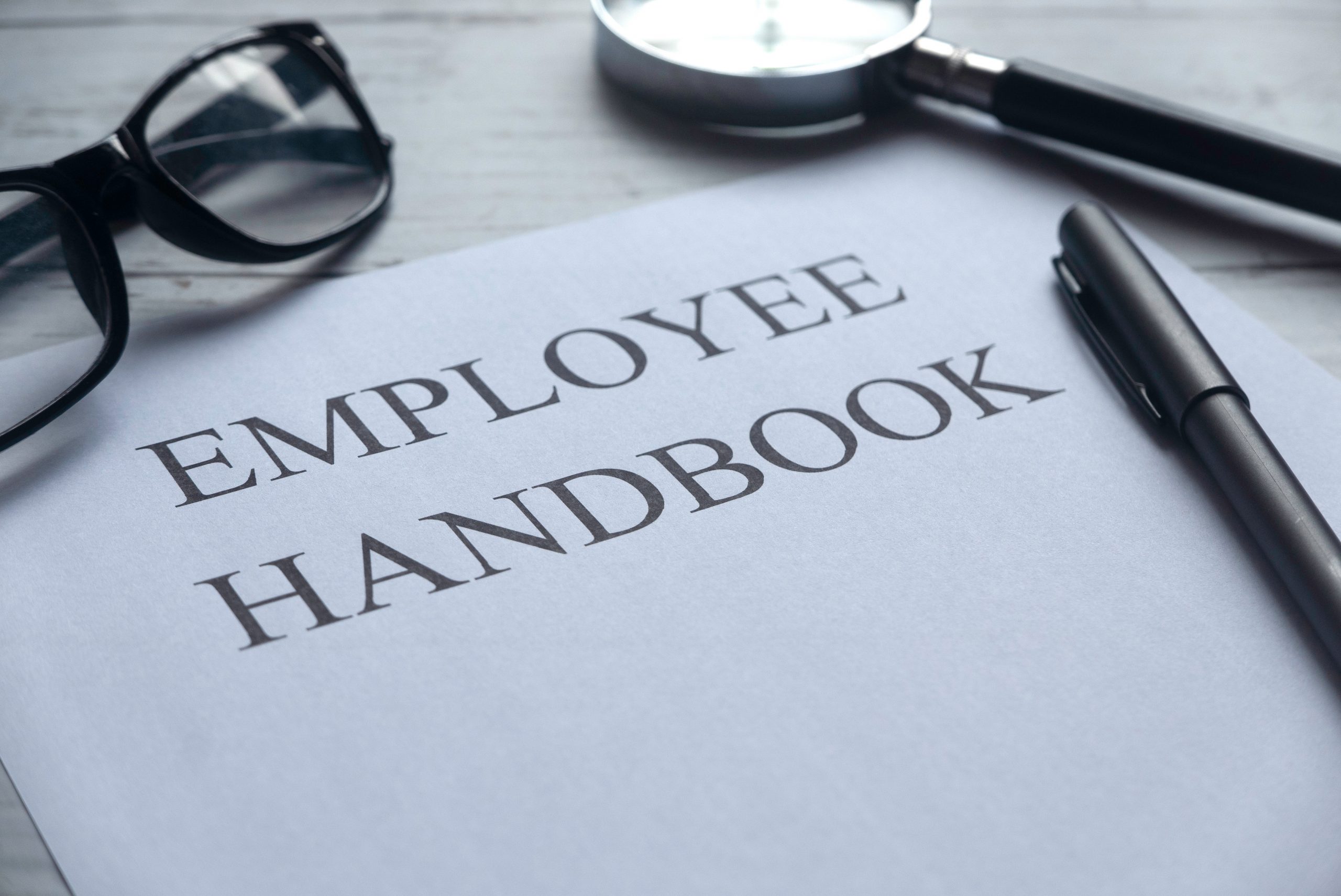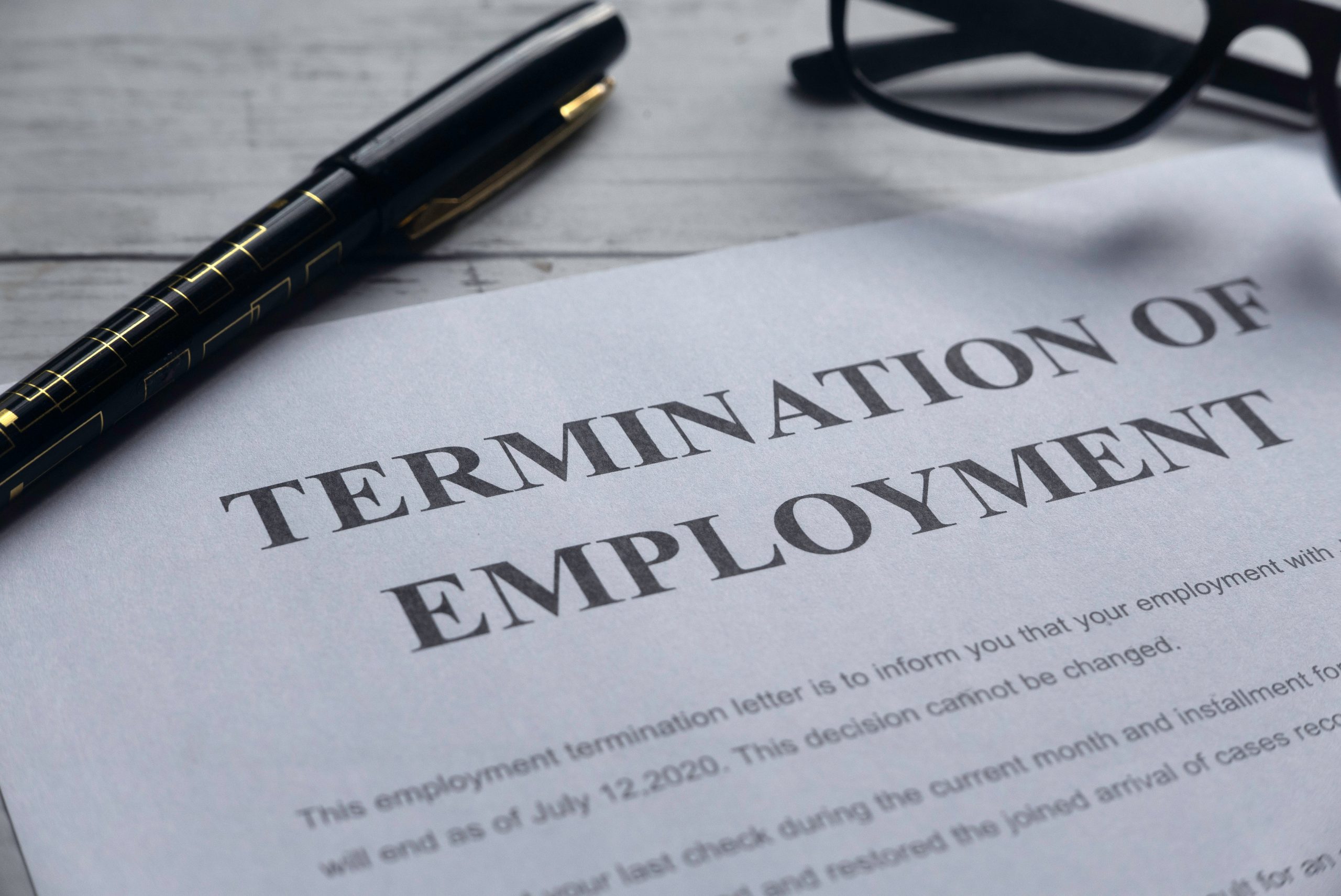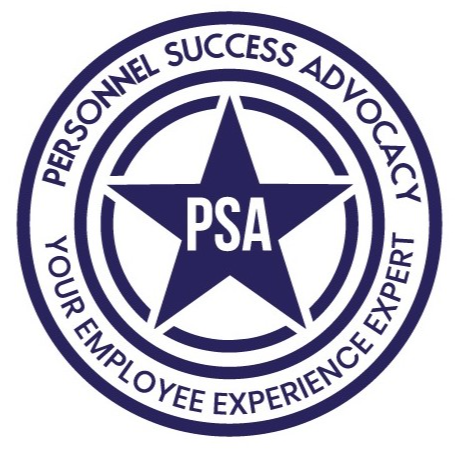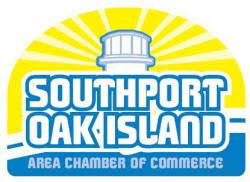Employers often face the challenge of accurately classifying their workers as either 1099 independent contractors or W2 employees. While it may seem tempting for employers to classify workers as 1099 contractors to reduce costs and administrative burdens, doing so without adhering to the Internal Revenue Service (IRS) and Department of Labor (DOL) standards can lead to severe consequences.
Before delving into the implications of misclassification, it’s essential to understand the key differences between 1099 contractors and W2 employees. W2 employees are considered part of the company’s workforce, subject to tax withholdings, entitled to benefits, and protected under various labor laws. On the other hand, 1099 contractors are independent entities hired to perform specific tasks, and they are responsible for their taxes, benefits, and legal compliance. It does not matter what the employer wants to label them, as the DOL, and IRS have their own standards in which they measure the workforce. Misclassifying staff can have detrimental effects to the business.
Both the IRS and DOL have specific guidelines that outline the factors determining whether a worker should be classified as a 1099 contractor or a W2 employee. While these guidelines may have slight variations, some common criteria include the level of control the employer exercises over the worker’s work, the degree of independence the worker maintains, the permanency of the relationship, and the integration of the worker’s services into the employer’s business. Simply put, if an employer has significant control over how, when, and where the work is performed, the worker is more likely to be classified as a W2 employee.
Accurately classifying employees is crucial for various reasons, ranging from financial to ethical considerations. Let’s explore some key aspects highlighting the importance of proper classification:
Tax Compliance: Misclassifying employees as independent contractors can lead to improper tax reporting, causing complications for both the worker and the employer. The IRS takes tax evasion seriously and may impose significant penalties and interest on unpaid taxes, causing financial strain and legal troubles for businesses.
Benefits and Protections: W2 employees are entitled to a range of benefits, such as health insurance, retirement plans, and workers’ compensation. Misclassifying employees can deprive them of these essential protections, leading to hardships for workers and potential legal liabilities for the employer.
Fair Compensation: Misclassification can lead to wage theft, as independent contractors typically negotiate their rates and may not receive the same minimum wage or overtime protections as W2 employees. Ensuring fair compensation for all workers is not only morally right but also crucial for maintaining a positive work environment and avoiding lawsuits.
Employer-Employee Relationship: Proper classification fosters a clear understanding of the employer-employee relationship, which can prevent disputes and confusion regarding responsibilities, expectations, and working arrangements.
Avoiding Legal Consequences: The misclassification of employees can trigger audits and investigations by government agencies, such as the IRS and DOL, leading to substantial fines, penalties, and legal expenses. Additionally, employees may file complaints against the employer, leading to costly legal battles and damage to the company’s reputation.
Promoting Fair Competition: Businesses that correctly classify their workers contribute to fair competition in the market. Misclassifying employees gives non-compliant employers an unfair advantage over law-abiding companies, creating an uneven playing field.
Properly classifying workers as 1099 contractors or W2 employees is not just a matter of preference but a legal obligation with significant implications for both employers and workers. Adhering to the IRS and DOL standards ensures tax compliance, provides essential benefits and protections to employees, and promotes fair competition in the market. Employers must understand that classifying employees accurately is not merely a choice; it is a responsibility that upholds the principles of fairness, integrity, and compliance with the law. By avoiding misclassification, businesses can protect their reputation, avoid legal pitfalls, and build a more sustainable and ethically sound work environment.
Navigating the complexities of employee classification and compliance with state and federal laws can be a daunting task for small businesses. However, the significance of proper classification cannot be overstated, as it affects not only the financial health of the company but also the well-being and rights of its workers. To ensure accurate classification and adherence to legal standards, small businesses can benefit from seeking guidance from Personnel Success Advocacy.
Personnel success advocacy offers a valuable resource for small businesses, providing expert knowledge and assistance in understanding the intricacies of the employee experience. These services can help businesses identify the appropriate classification for their workers, whether as 1099 contractors or W2 employees, based on IRS and DOL guidelines. By doing so, businesses can avoid potential fines, penalties, and agency scrutiny associated with misclassification.
Additionally, Personnel Success Advocacy can play a crucial role in guiding businesses to fulfill their responsibilities toward employees effectively. They can assist in developing comprehensive employee contracts, ensuring fair compensation and benefits, and promoting a positive and compliant work environment.
Furthermore, Personnel Success Advocates can keep small businesses updated on changes in labor laws and regulations, allowing them to adapt swiftly and avoid compliance issues. This proactive approach minimizes the risk of legal disputes and demonstrates the commitment of the business to uphold ethical practices.
In conclusion, small businesses should recognize the importance of accurate employee classification and compliance with state and federal laws. Seeking the guidance of Personnel Success Advocacy services can be a strategic investment in ensuring smooth operations, fostering a harmonious employer-employee relationship, and upholding the company’s reputation. By taking these steps, small businesses can position themselves for sustained growth, legal compliance, and a positive impact on their workforce, ultimately leading to long-term success in the competitive business landscape.






